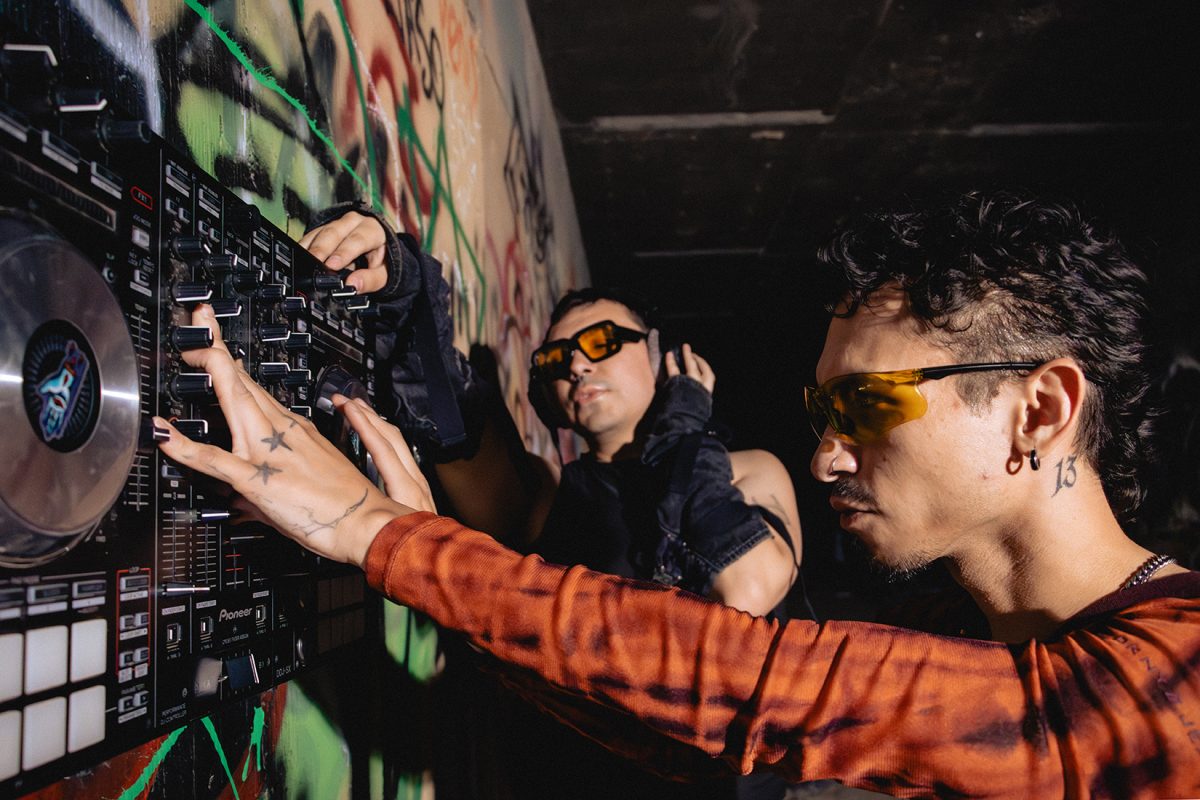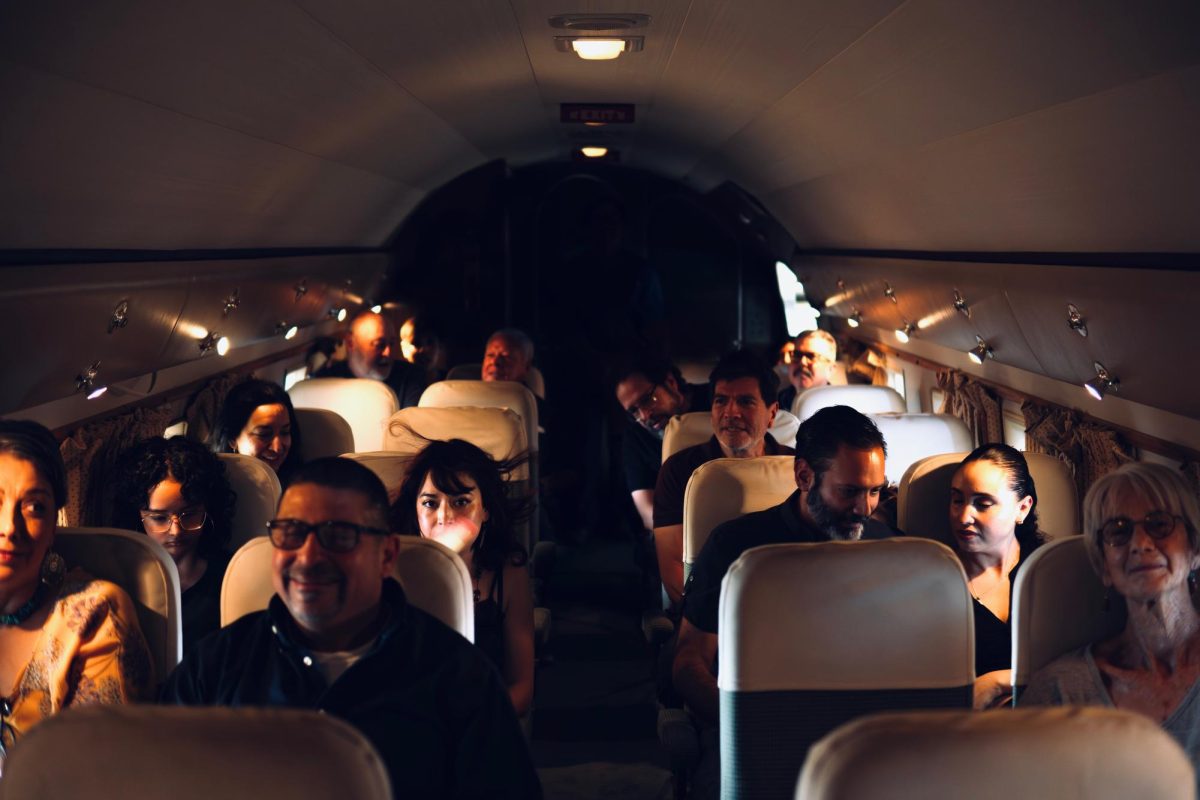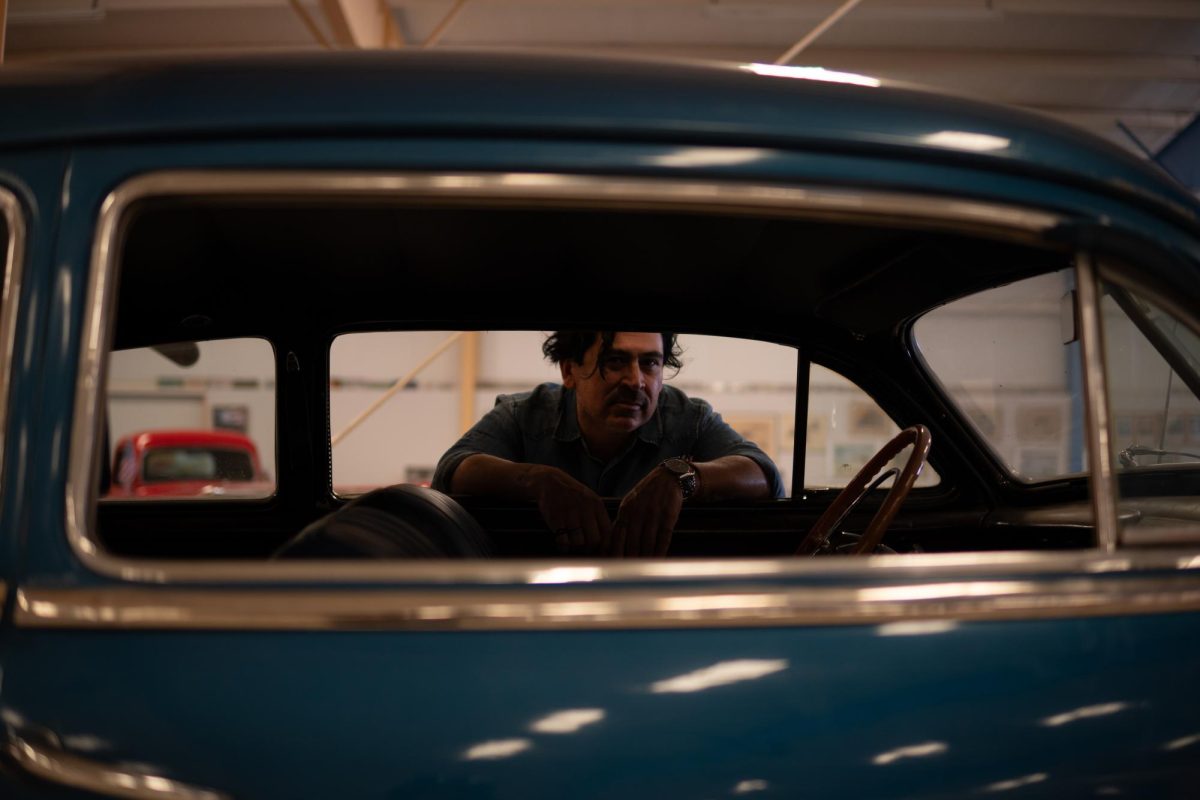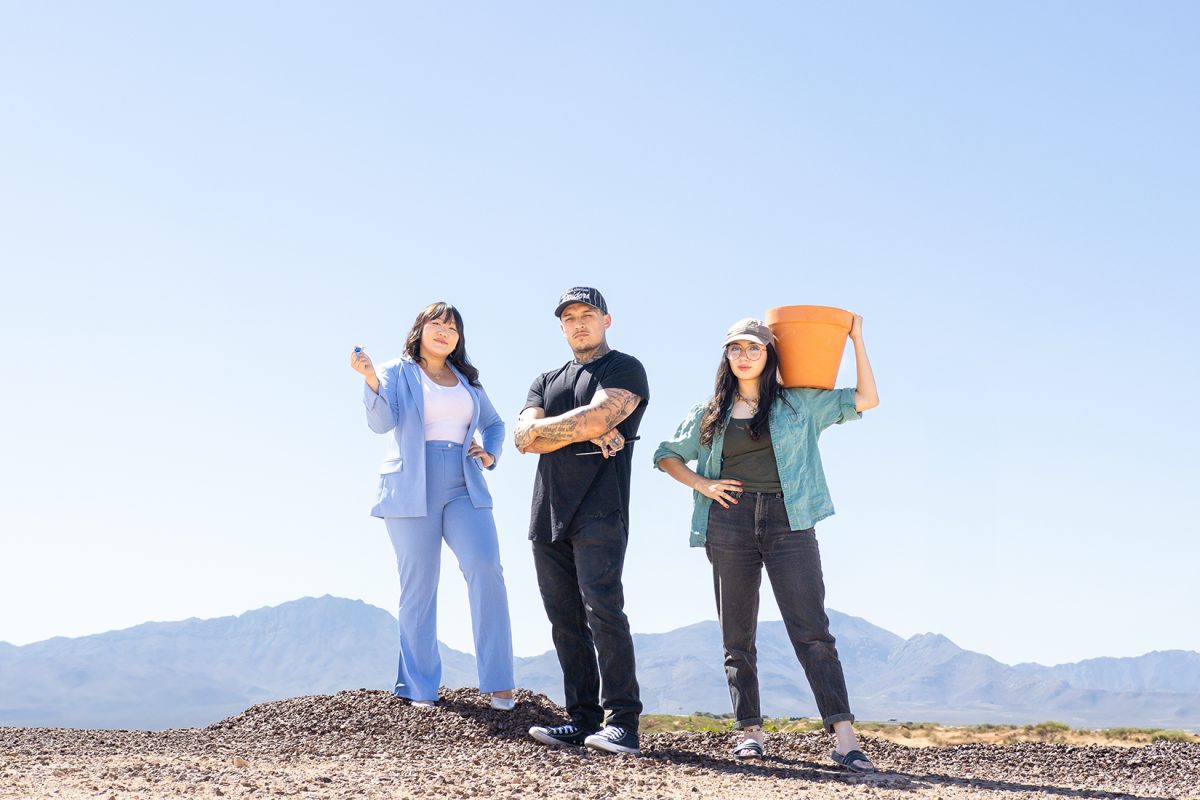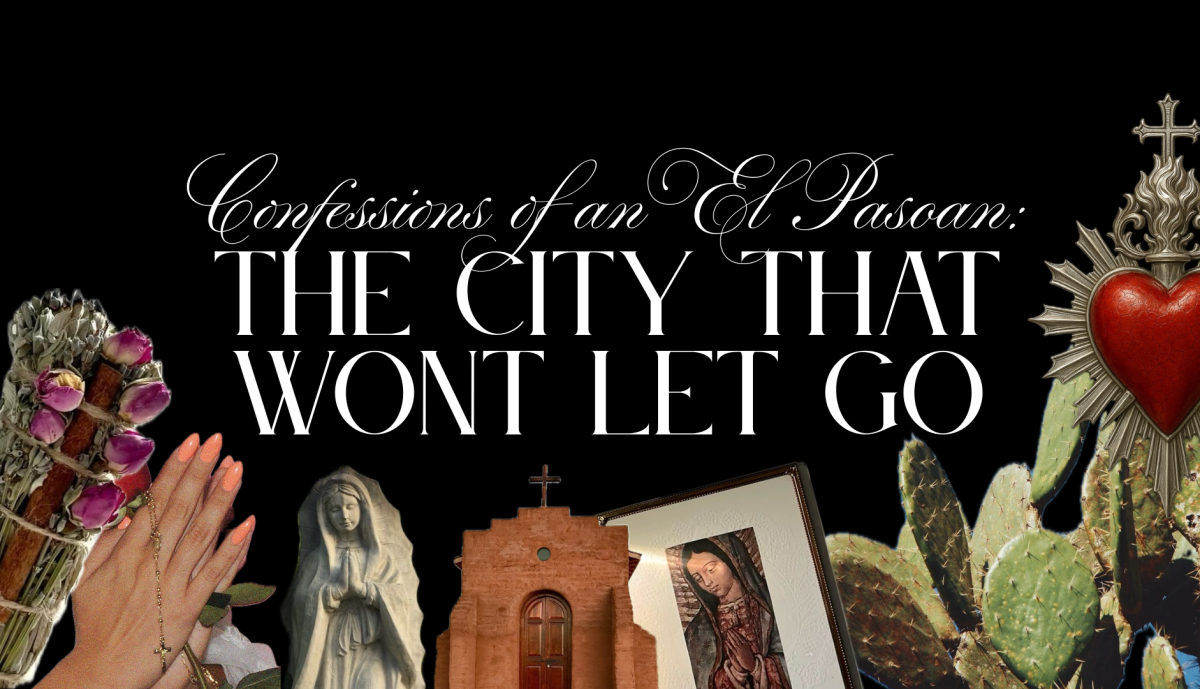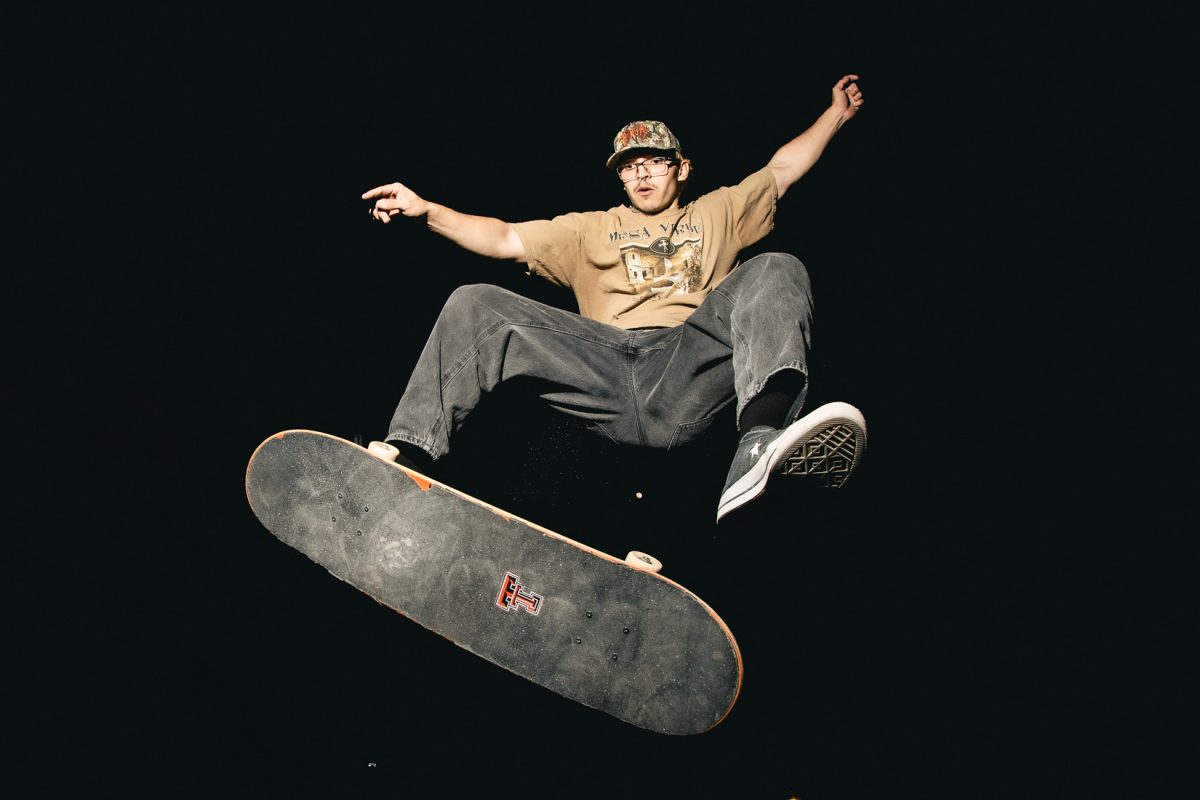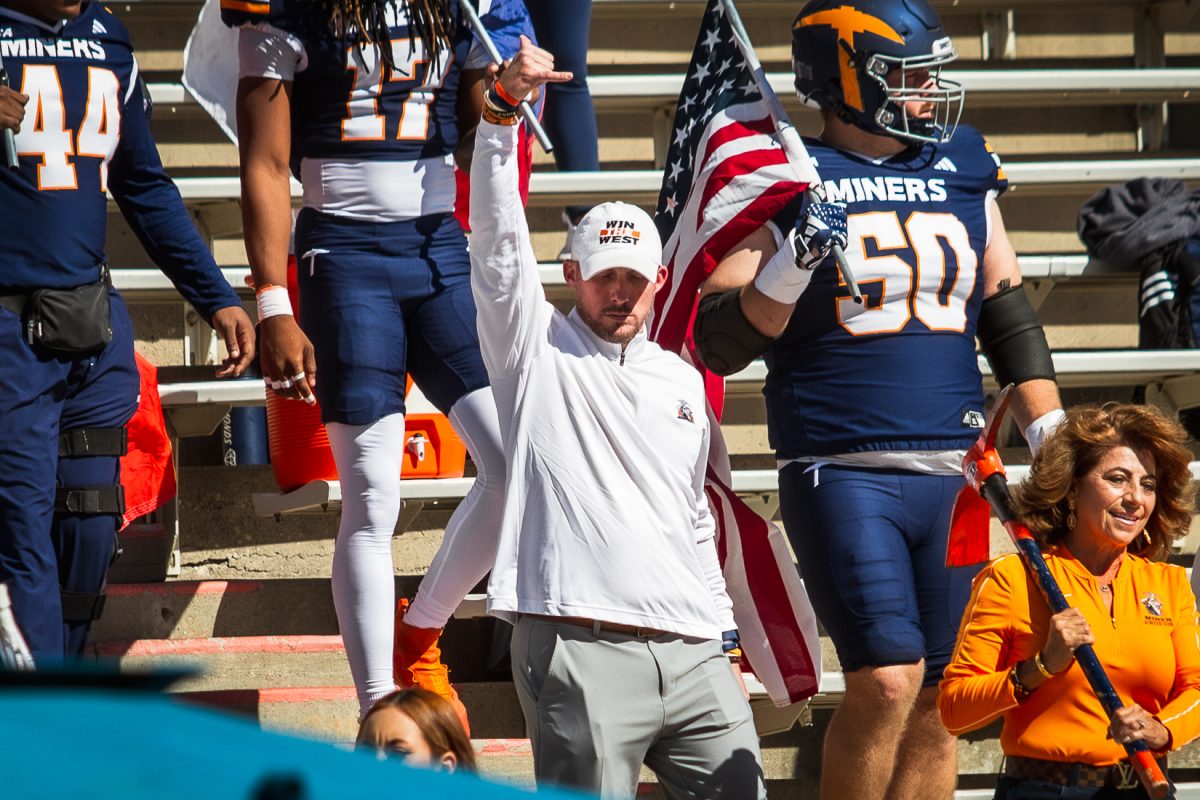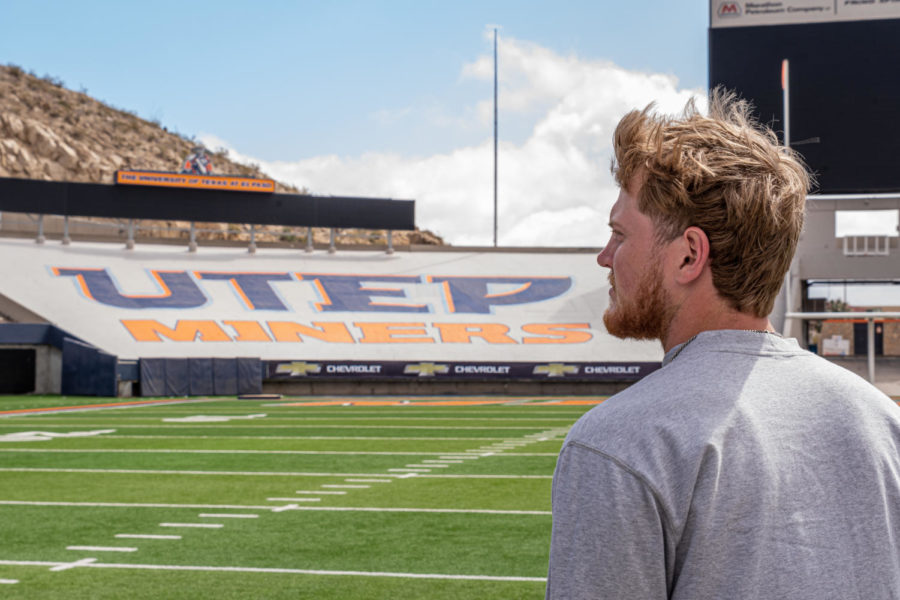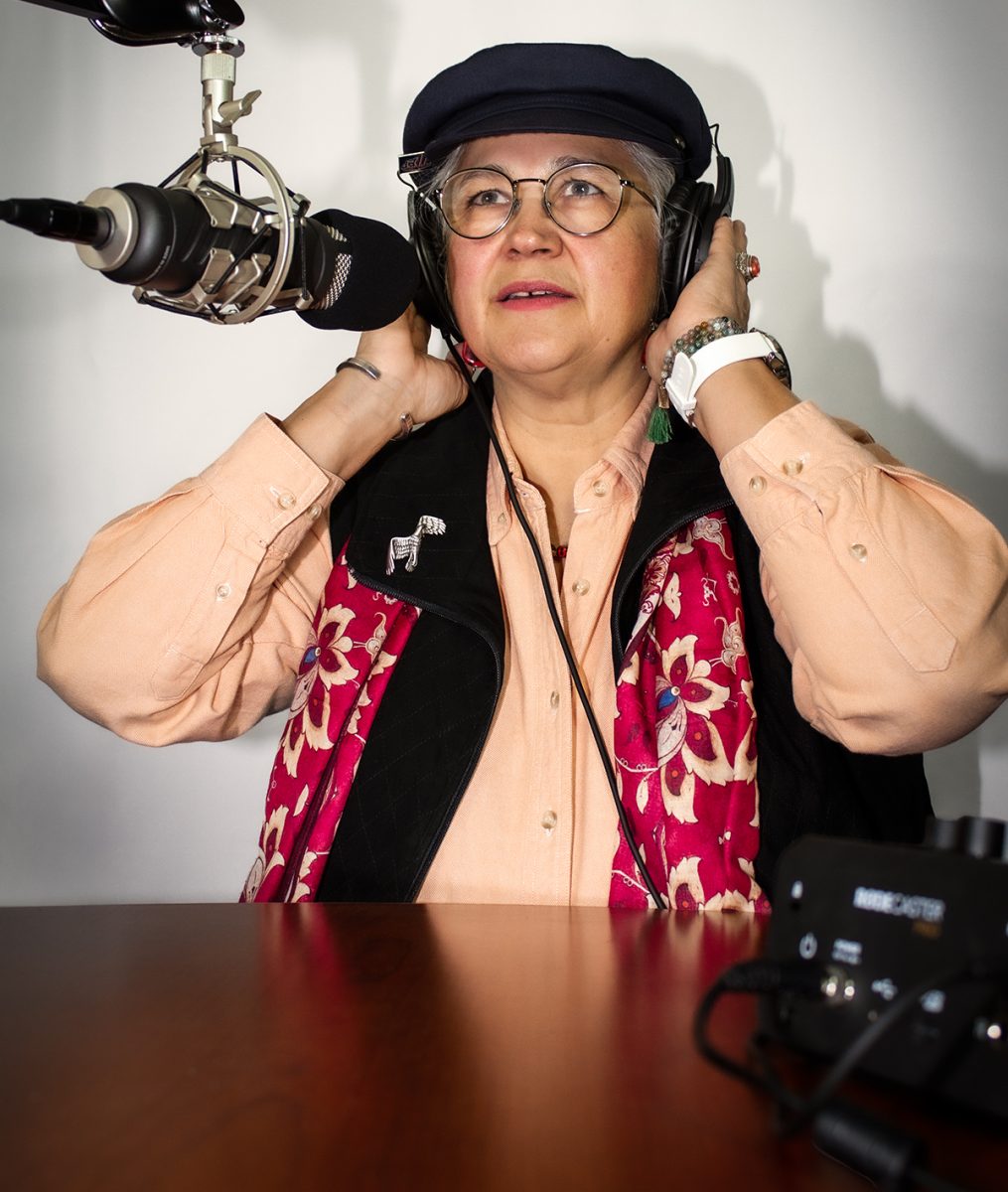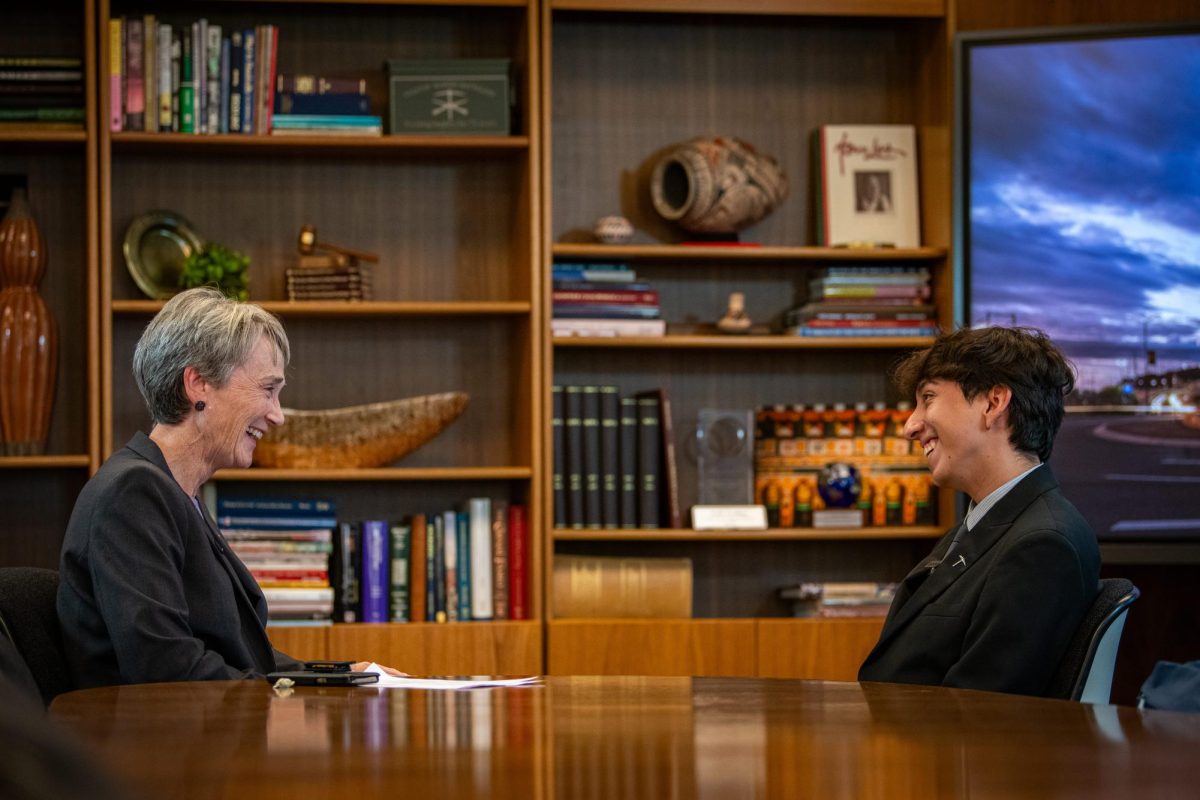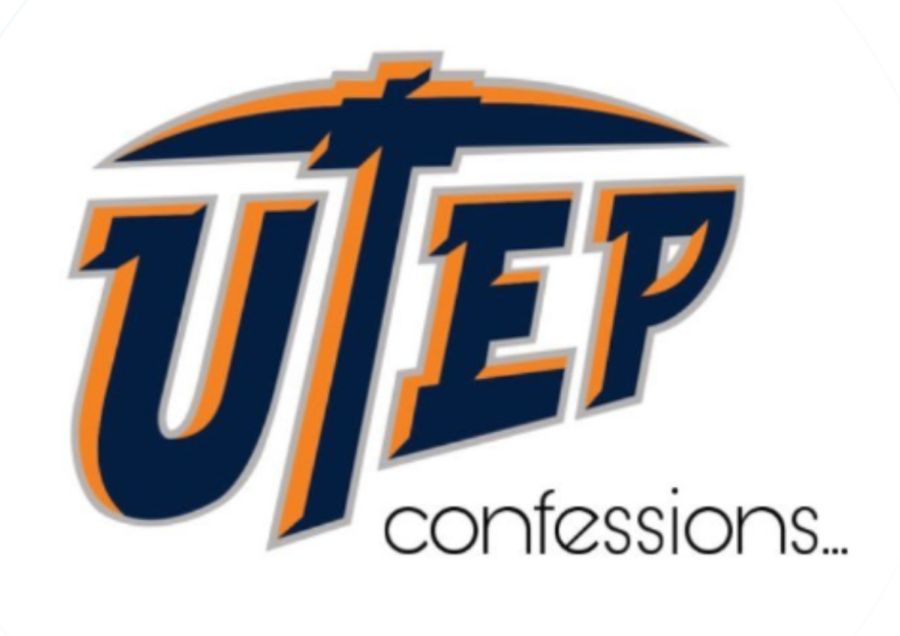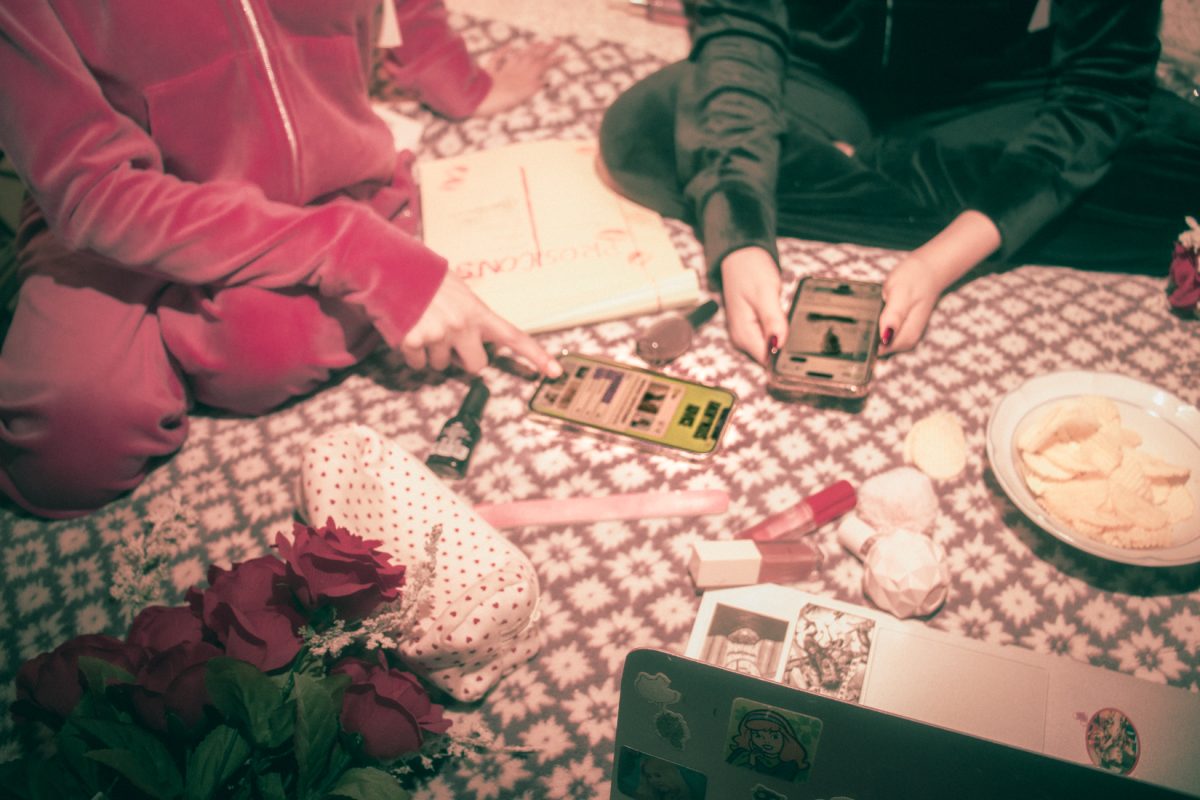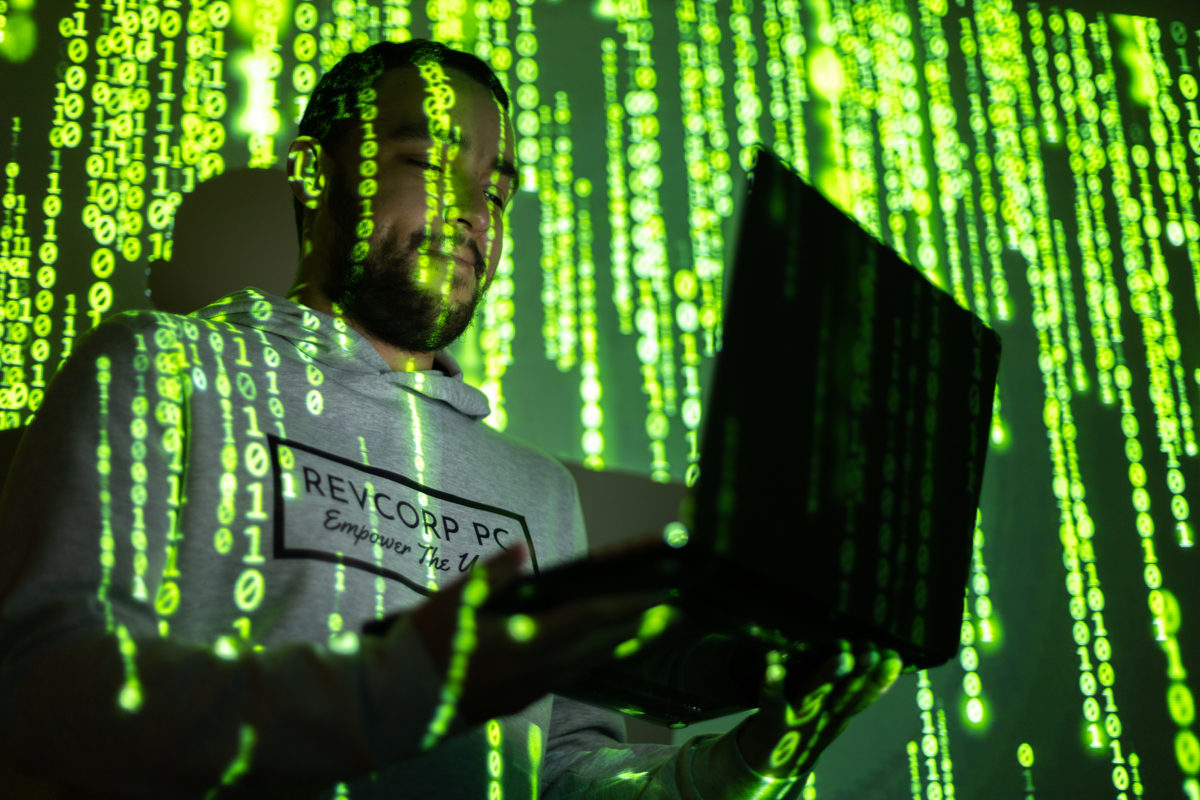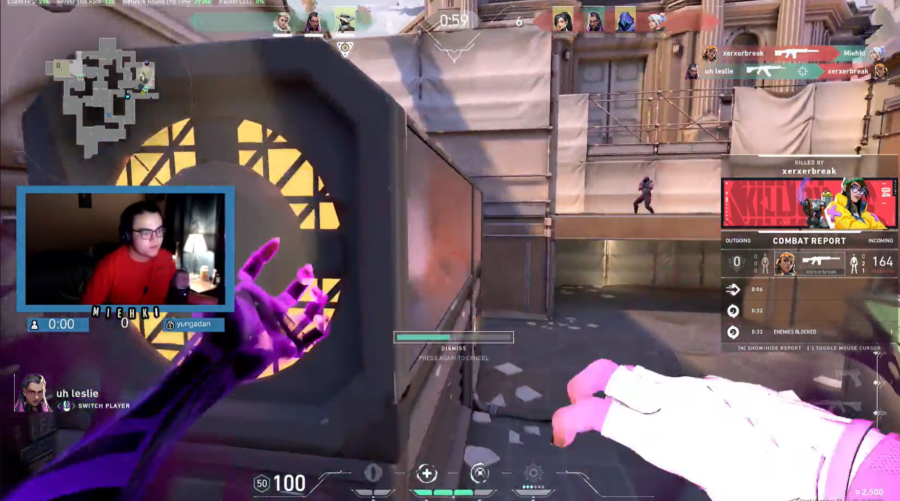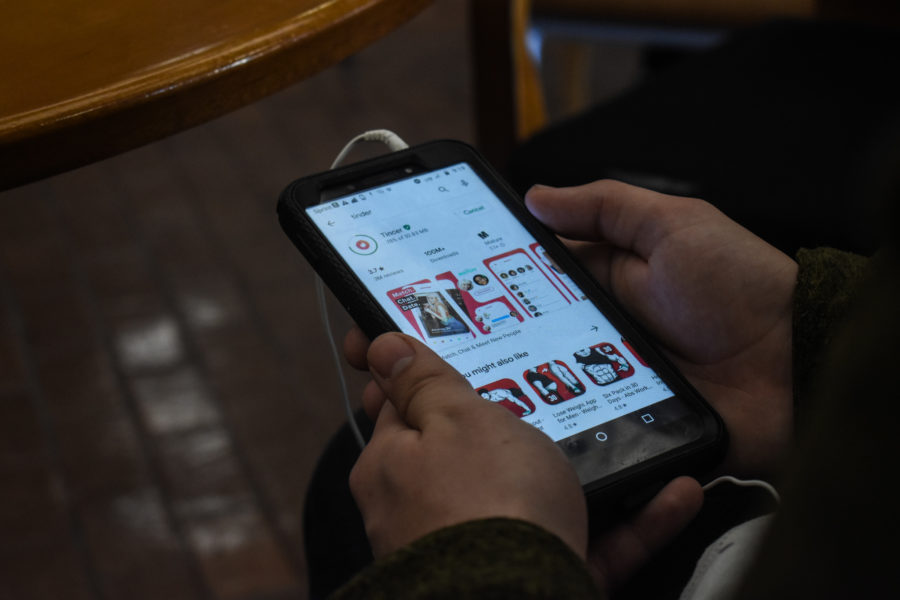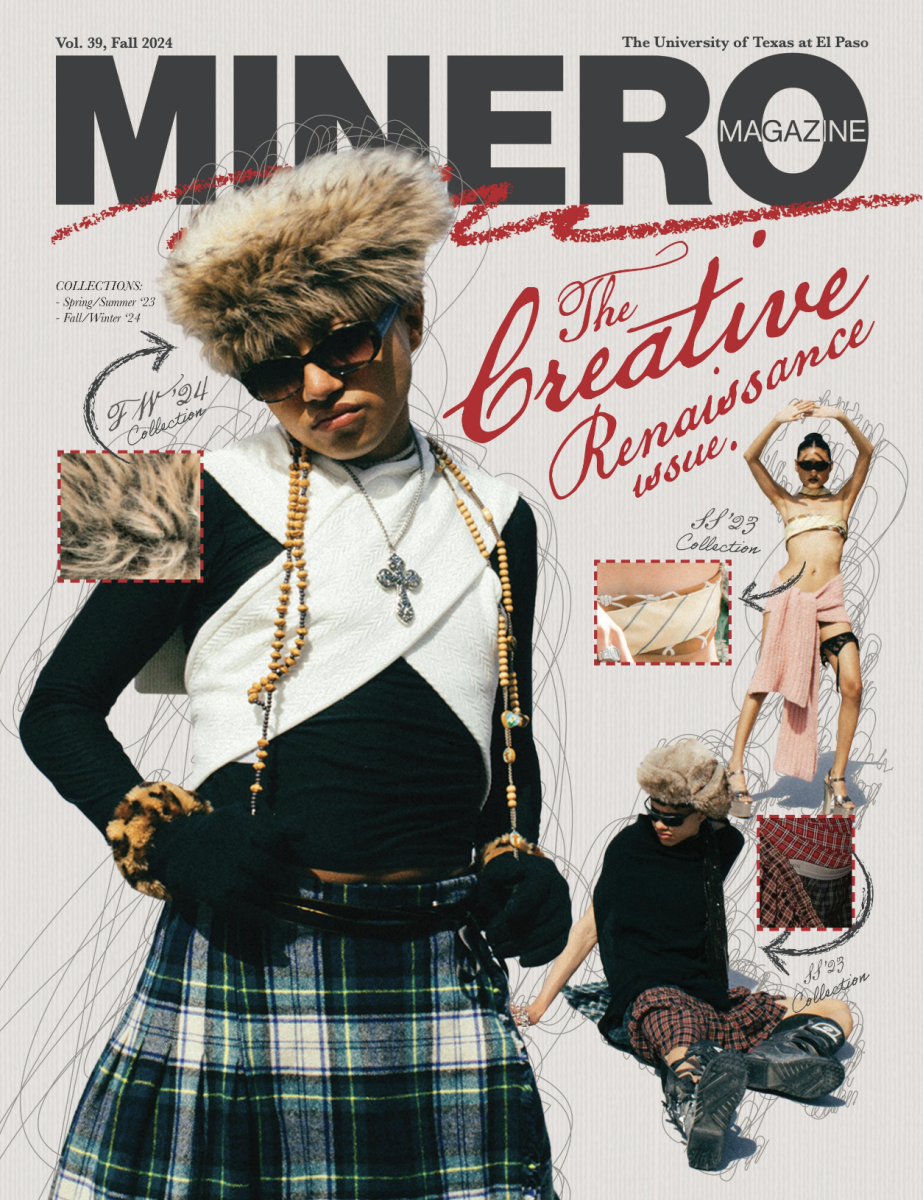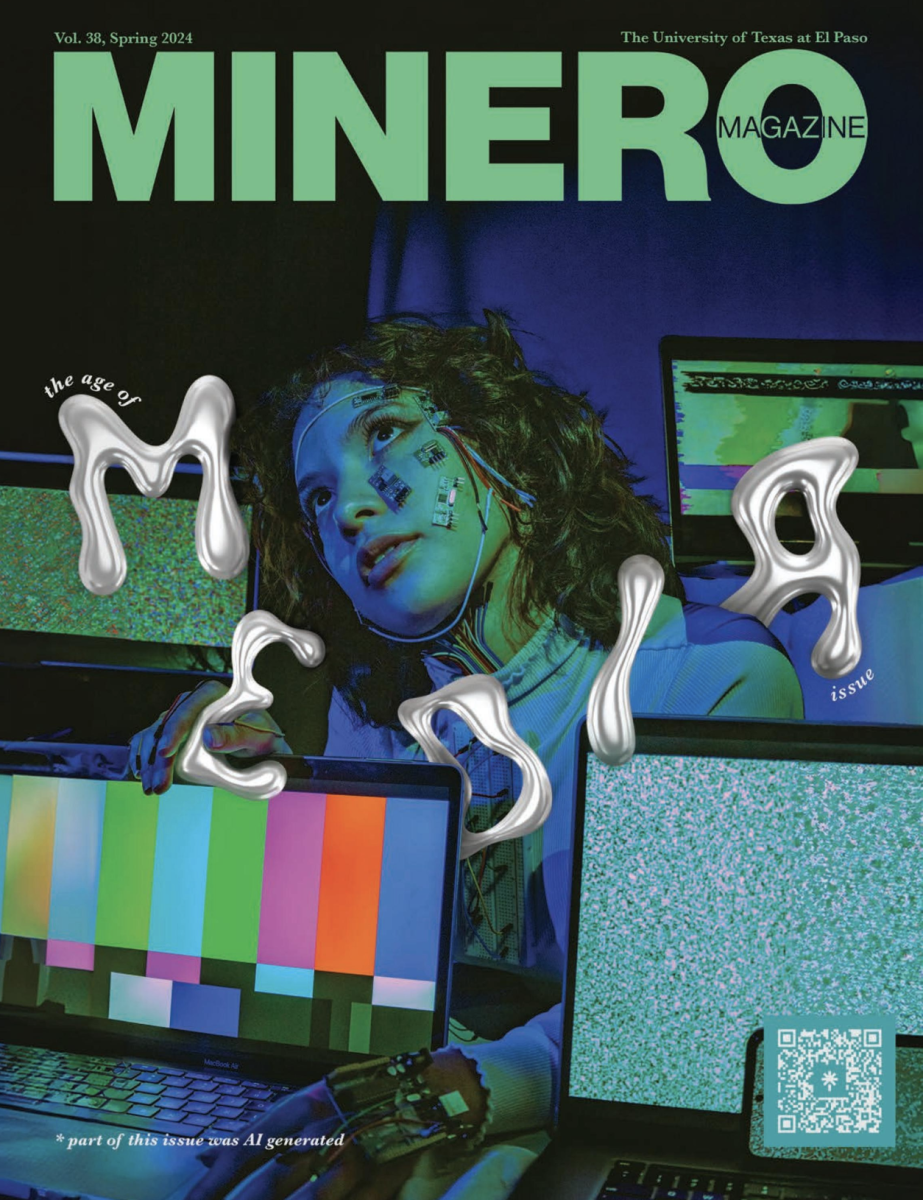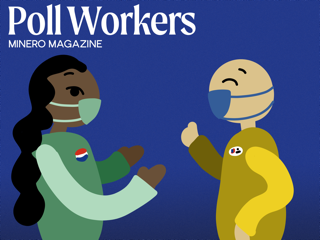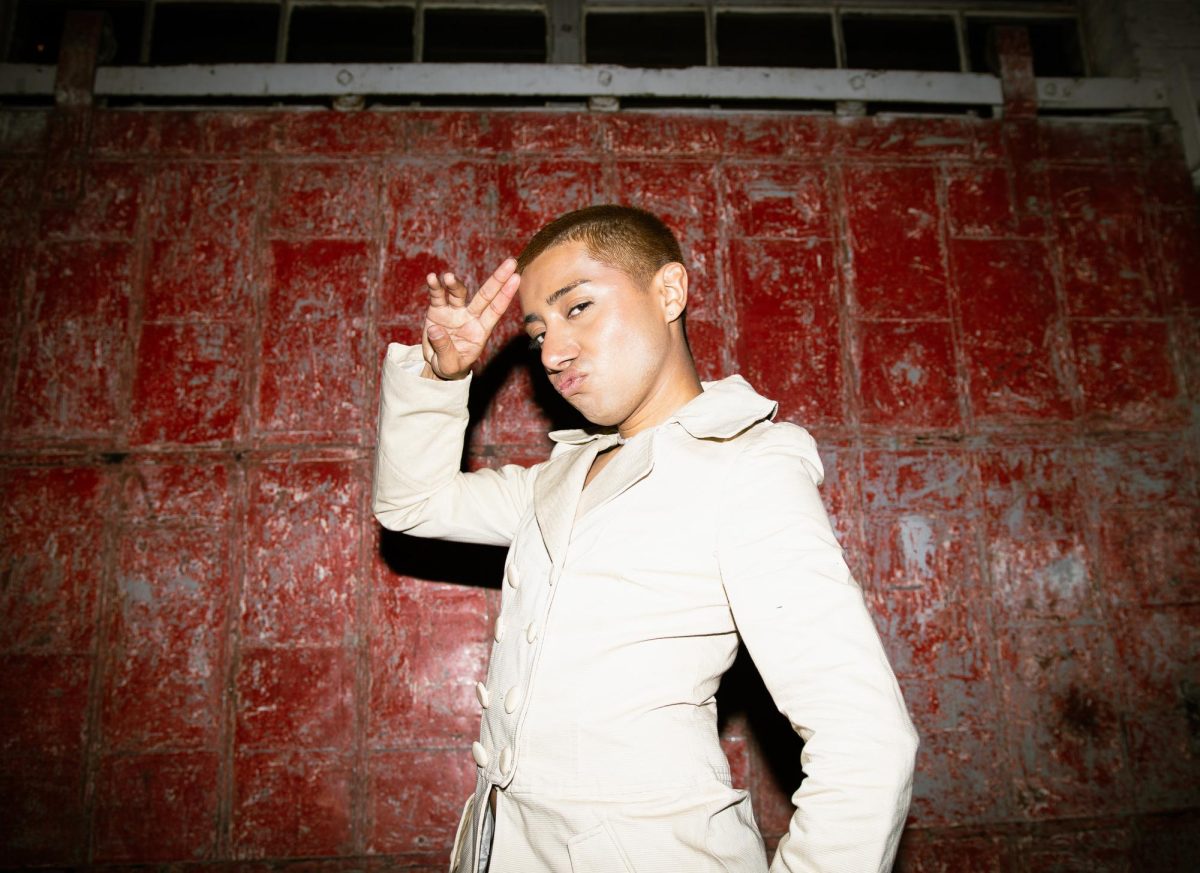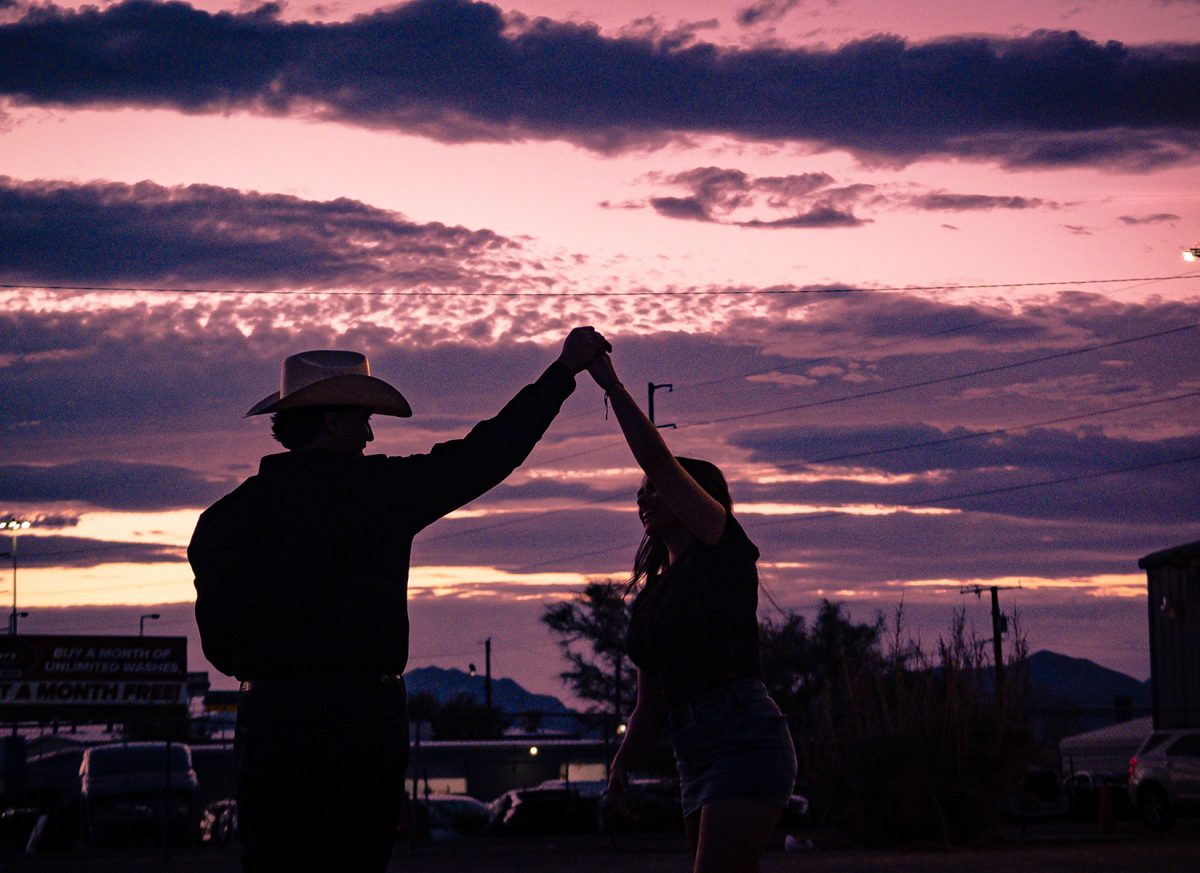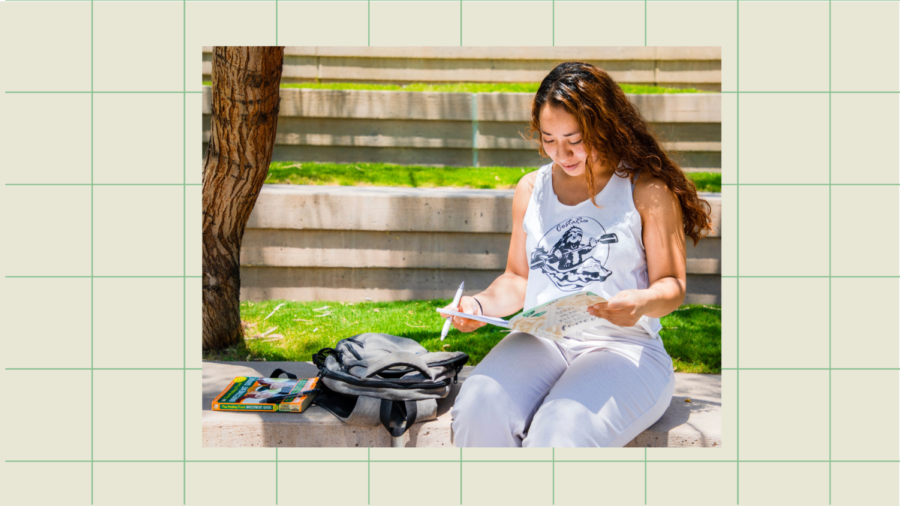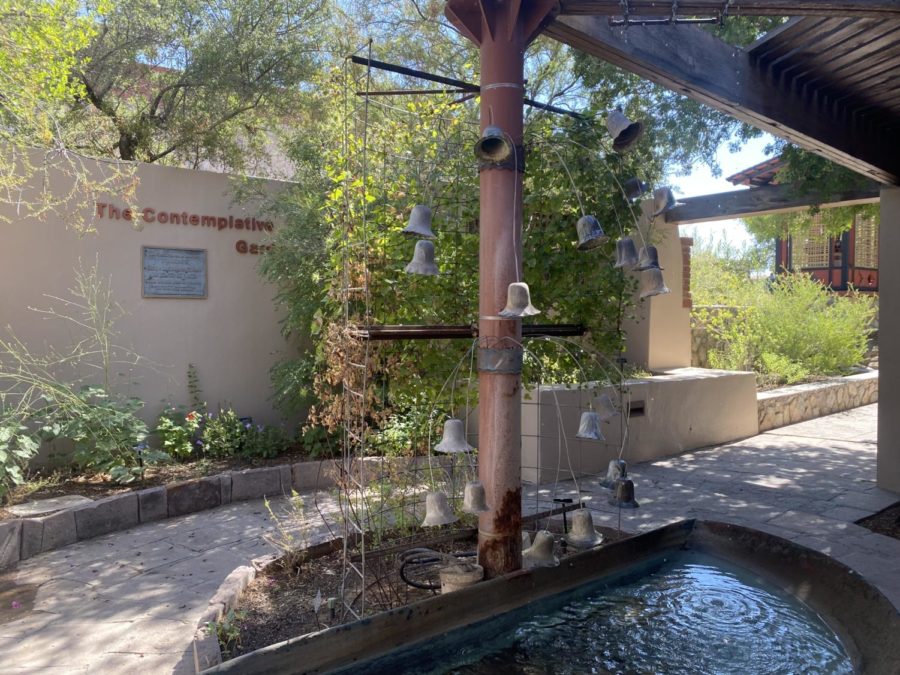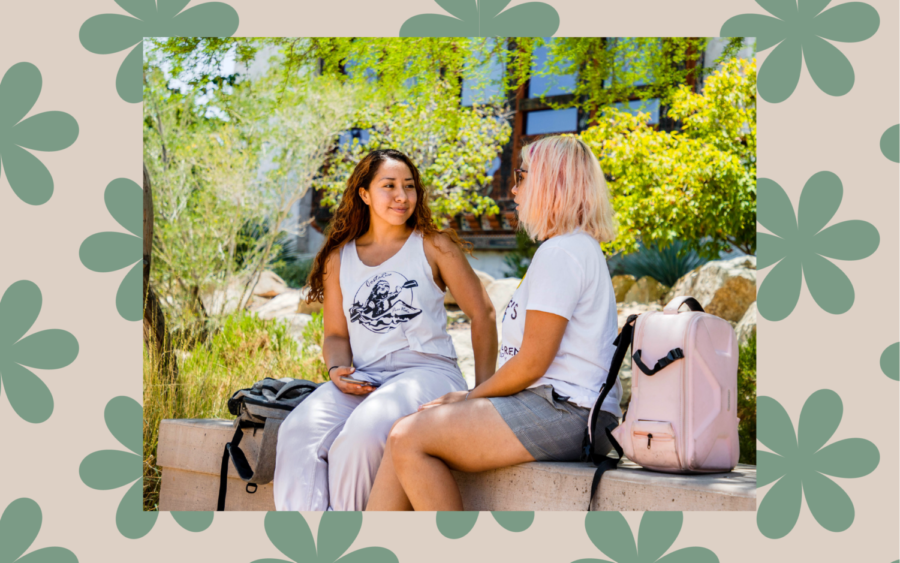This election year is radically different than any other in our lifetime due to the coronavirus pandemic. With many protocols changing for voting in person and mail-in ballots, poll workers were not the exceptions for a shift in operations. This year more young people are working and volunteering as poll workers around the nation, Texas and El Paso.
Diana Garcia, 20, political science junior at The University of Texas at El Paso, is a poll worker recruiter for Campus Vote Project (CVP) for the 2020 election. CVP was launched in 2012 as a nonpartisan organization across the country that works with colleges and universities to get students involved in the voting process.
“I intern during the summer (2020) with Congresswoman Veronica Escobar and we were in the process of doing mail in voting applications, so from there I knew that there would be a shortage of poll workers and I always have been interested in working during an election season,” Garcia says. “I wanted to give myself an opportunity to experience at first hand and I was so thrilled that it was a nonpartisan organization.”
In Garcia’s role as a recruiter, she sends daily emails to the department of political science at UTEP to ask professors, advisors and staff to spread the word about the opportunity to become a poll worker and where to sign up. Garcia, like other poll worker recruiters, receive a stipend for the election season of $1,000.
Garcia emphasized that the shortages of poll workers for this election are attached to the pandemic and age. According to the U.S. Election Assistance Commission in the 2016 election across the country, 32% of poll workers age was between 61-70 and 26% from 41-60. Due to the fact that older adults are at higher risk of contracting coronavirus younger people were needed to step up to serve as poll workers this year.
Zac Price, 22, southern regional coordinator of student’s poll workers for CVP, previously served as a poll worker in Austin, Texas. Price decided to join CVP to bring to students the opportunity to work and get involved in the democratic process of elections. According to Price, there are more than 7,000 students across the country who signed to be poll workers for the 2020 election.
“The reason we are doing this is because there is a national shortage of poll workers, more than half of national poll workers across the U.S. are over the age of 60, so we put a call for young people to stand up,” Price says.
Price believes that the real gap with young people is not that they do not care about voting or elections; It is that they do not get the opportunity to prove themselves. This year through the call to recruit poll workers, college students are showing that they want to be part of this election.
What exactly do poll workers do?
The duties of a poll worker can vary depending on the station they are working.
- Some of their duties are to check IDs.
- Assist with voter equipment.
- Assist to open and close the polling stations.
- Be available to work on election day and/or early voting period.
- Drive materials to and from polling locations.
- Make sure the equipment is working properly.
- Answer questions voters might have, and make sure that voting is safe for everyone.
Who can be a poll worker at El Paso County?
The requirements to be a poll worker in El Paso County are:
- To be 18 years old and a registered voter for El Paso County
- Be familiar with computers.
- Not hold an elected office nor be an employee of an elected official.
- Be able to lift and carry at least 30 lbs.
- Be able to stand for long periods of time.
- Be able to report to the assigned poll by 6 a.m. until approximately 8 p.m.
- Be available 12-14 hours on election day.
- Be available to work different lengths of time and at different hours during the election cycle.
Poll workers in Texas get paid between $10 to $14 an hour depending on their role. Training is mandatory and provided to future poll workers. Like many other things this year, the training is offered online. There are two different types of poll workers, early voting and election day. People still can sign to be a poll worker for election day. For information, visit El Paso County Elections Department.
Another poll worker recruiter is Adriana Chavez De La Rosa, 22, Mexican, graduate political science student at UTEP. Chavez De La Rosa decided to be part of CVP for this election and because she wants to be part of this democratic process.
“I am working on my master’s in political science, but I feel like the people who can go out and vote are not only voting for themselves but also they are voting to represent me, someone, that is not able to go out and cast a vote because I live here in the U.S., so I want people to vote and get involved in this election,” Chavez De La Rosa says.
De La Rosa and Garcia acknowledged that is a challenge to get people motivated and to sign up when all the communication and recruiting events are happening via email, but this has not stopped them to recruit UTEP students.
Students and community members are not the only ones trying to motivate young people to go out and vote and be part of this election. José Villalobos, associate professor of Political Science at UTEP is also calling out students to be informed and aware of how they can participate in democracy.
“In the project that I do for my classes, we called community engagement and leadership courses that we have in political science. I encourage my students to get involved and most of our focus is on getting students and myself to do nonpartisan outreach for people to be registered to vote and general information about voting,” Villalobos says.
Villalobos has faced the same challenges as Garcia and De La Rosa when it comes to outreach but he says that social media has been a powerful tool to share information and throughout Zoom webinars, more people are learning about this election.
El Paso County set a record for the first day of early voting with almost 19,000 people voted in person on Tuesday 13 and another 15,000 mail in ballots were received the same day according to Elections Administrator Lisa Wise. Bringing the first day total to more than 34,000.
“As an educator and individual citizen think it is wonderful when someone at a young age as soon as they are able to vote, that they do get involve and active because there is a socialization process,” Villalobos says. “The younger you start the more likely that becomes more embedded and more engrained and the most important thing is to combat negativity on the current political sphere and that’s why a lot of the activities that we do are nonpartisan.”
By Maria Ramos


